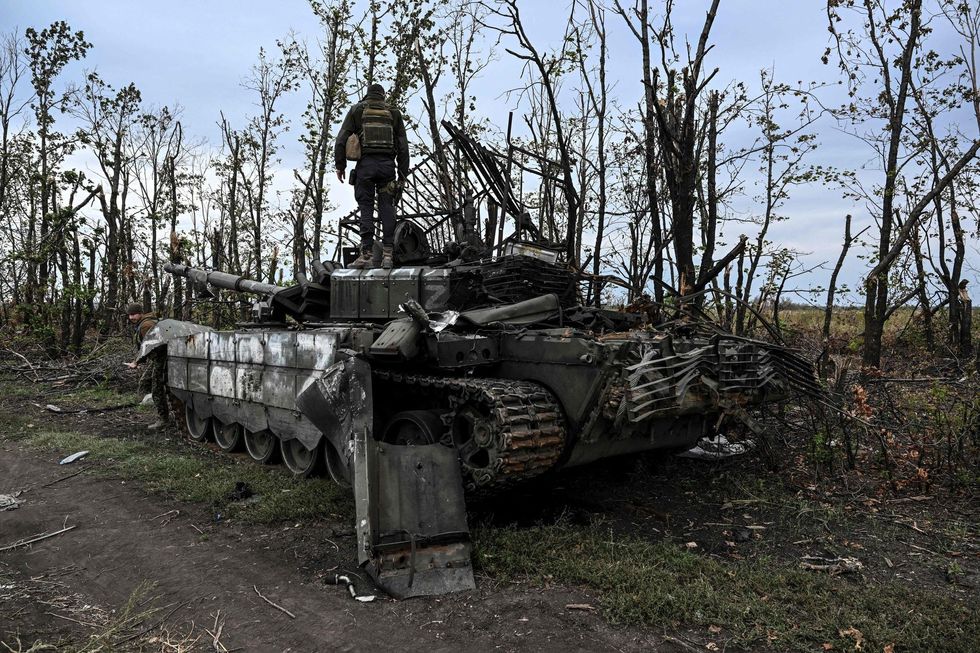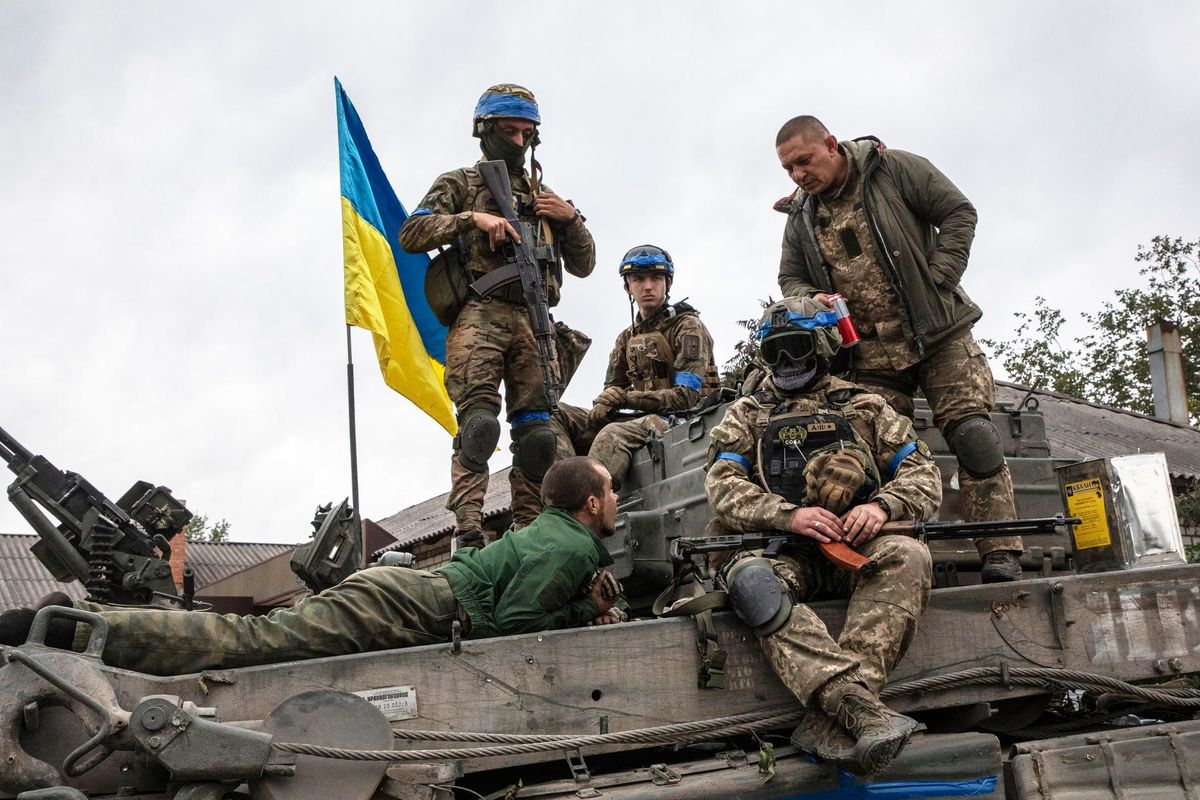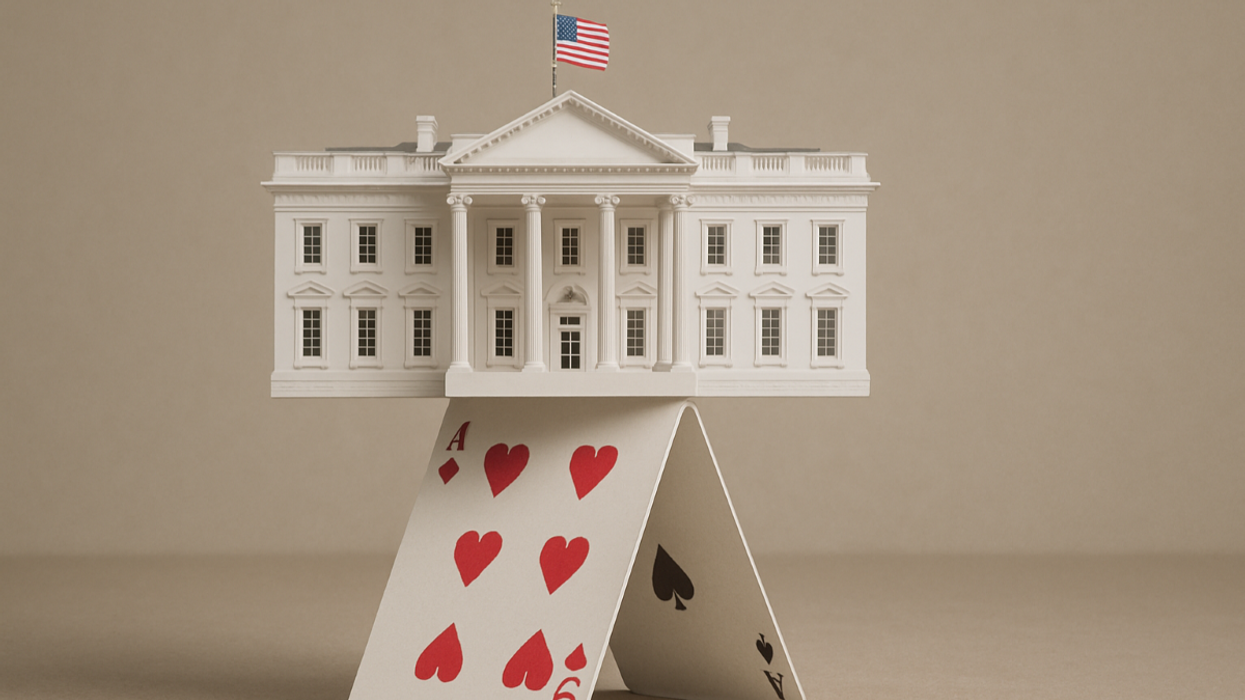The Ukrainian armed forces conducted a stunning counteroffensive in northeastern Ukraine last weekend after months of slow but steady gains by the Russians, who just last week held a little more than 20% of Ukrainian territory.
Over 72 hours, Ukraine managed to recapture several thousand square kilometers of land in the Kharkiv region as the Russian defensive lines melted away, in some cases without a fight and leaving behind valuable equipment. This was particularly true in the critical town of Izyum, which served as the headquarters for all Russian military operations in the northern half of the Donbas before the Ukrainians captured it on Sunday.
The frontline in northeast Ukraine has now moved to the Oskil River, with Russia likely unable to re-take the lost territory for at least another 6 months and Ukraine having the momentum and initiative to press its offensive further into Luhansk and even Donetsk. Ukrainian forces are also advancing (albeit much more slowly) in the Kherson region, in Ukraine’s south.
Want to understand the world a little better? Subscribe to GZERO Daily by Ian Bremmer for free and get new posts delivered to your inbox every week.
For starters, in a shocking first for Russia in this war, the Russian Ministry of Defense has tacitly admitted to the losses—although it claims that its troops were intentionally redeployed away from the Kharkiv region to focus on the defense of Donetsk and Luhansk, much like it claimed it never intended to take Kyiv after its offensive there was repelled by the Ukrainians.
Of course, that claim is transparently false—the retreating Russians left their weapons behind as they fled, in what would otherwise constitute a planned gift to the enemy. Embarrassingly, the Russians will have to indefinitely postpone the planned referendums for occupied territories in eastern and southern Ukraine to formally join Russia, now that they don’t control enough land to annex in the first place. Even Russian state media, which is entirely controlled by the Kremlin, takes the rout in Kharkiv as a fact, with nationalist voices to Putin’s right now calling for Russia to double down and go on full war footing, chiding the Kremlin for not being aggressive enough.
With its propaganda bubble starting to leak, Russia has also seen a resurgence in domestic opposition to the war and the regime, with separate city councils in Moscow and Saint Petersburg recently calling for Putin’s resignation. While both efforts will be promptly shut down by the police—merely calling the war a “war” is punishable by 15 years in prison—they signal a growing willingness to criticize the government in public.
 A Ukrainian soldier stands atop an abandoned Russian tank outside of Izyum, Kharkiv Region. Credit: Juan Barreto/AFP via Getty Images
A Ukrainian soldier stands atop an abandoned Russian tank outside of Izyum, Kharkiv Region. Credit: Juan Barreto/AFP via Getty Images
What can Russia do next?
It could put more boots on the ground to fortify its positions and address the force imbalance in eastern and southern Ukraine, but it can’t do that without ordering at least a partial mobilization, which not only would force them to admit this is actually a war but also would be massively unpopular in Russia. Even if this wasn’t a hurdle, it would take several months to train and arm conscripts before they are combat-ready.
It could launch more missile strikes against civilian centers in Kyiv or western Ukraine, which have been rare in recent months. That’s certainly plausible given Russia’s human rights record, although not one that could much affect the military situation on the ground.
It could, God forbid, use weapons of mass destruction like chemical weapons or even tactical nuclear weapons to sow panic among the Ukrainians, although that doesn’t seem likely given the risk of a direct confrontation with the West. However, should the Ukrainians get close to pushing Russia back toward the pre-February 24 borders, or should they threaten Russians’ hold of the territory they have occupied since 2014, then Putin might be more inclined to consider such extreme measures.
At the moment, then, Russia is out of good military options to turn the tide of the war. In this situation, Russia’s best option would be to negotiate an end to hostilities with Ukraine. But the Ukrainians think they can win on the battlefield and will not negotiate until they’ve taken a lot more territory, while it’s hard to imagine Putin would admit the failure of his “special military operation” by accepting negotiations from a position of weakness.
If Moscow can neither escalate effectively against Ukraine nor is it in a position to negotiate with Kyiv, what’s the likeliest scenario for the next few months?
The answer, in my opinion, is further near-term escalation against Europe.
The Kremlin genuinely believes that the reason why Russia is faring poorly is not that the Ukrainians are beating them fair and square, but rather that they are fighting against a united NATO’s combined economic, technological, and military might. Following that logic, the next best way to weaken Ukraine is to shut off all energy flows to Europe to divide the alliance and undermine its support for the enemy.
Russia's problem is that it’s not going to work. The Europeans have already withstood the consequences of seven rounds of sanctions against Russia. They have paid a price, but they remain as united as ever. Yes, they will have a tough winter, but they will survive it and come out the other way stronger for it. Come next year, Europe will have rid itself of its reliance on Russian energy, and Russia will no longer have any leverage left on the West. That is good news.
The bad news is that as Russia runs out of good options, the bad options—for everyone—will become increasingly attractive. The war is accordingly looking more, not less, dangerous.
🔔 And if you haven't already, don't forget to subscribe to my free newsletter, GZERO Daily by Ian Bremmer, to get new posts delivered to your inbox.



















